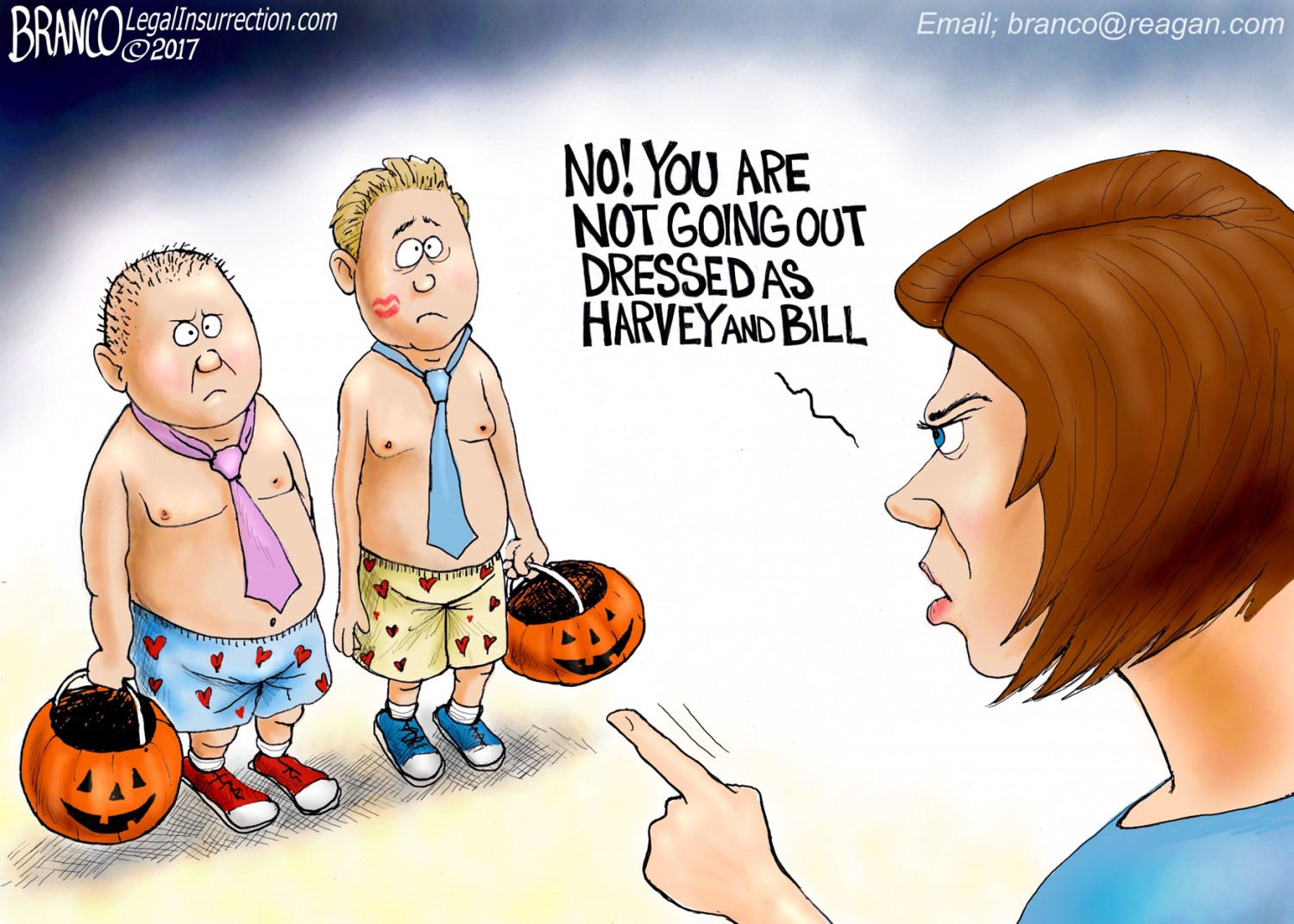|

Cheap Seats 2017Saints and Sinners - 11/01 
By Rich Trzupek
Christ Church in Alexandria, Virginia was the church that George and Martha Washington attended for much of their lives. Last week Christ Church announced that it would be relocating a plaque within the church honoring Washington and another plaque honoring Confederate General Robert E. Lee, who also attended and contributed to the church.
In a letter to their congregation church leaders explained their decision, saying: “The plaques in our sanctuary make some in our presence feel unsafe or unwelcome. Some visitors and guests who worship with us choose not to return because they receive an unintended message from the prominent presence of the plaques.”
And later in the same letter:
“The Vestry has unanimously decided that the plaques create a distraction in our worship space and may create an obstacle to our identity as a welcoming church, and an impediment to our growth and to full community with our neighbors. Accordingly, the plaques will be relocated no later than the summer of 2018.”
To their credit, the leaders of the church also acknowledged Washington’s many amazing accomplishments and his unique role in shaping America.
They wrote that “Washington is unique in our nation’s history: the leader of the Revolution, the visionary who not only refused to be king but also gave up power after eight years, and a symbol of our democracy. He regularly worshiped in our pews and helped shape our city’s character.”
Though not quite as effusive when discussing Lee, church leaders did speak about the Confederate leader with respect: “Lee was a longtime parishioner, whose family had a significant presence in our church. From “Light-Horse Harry” Lee’s membership in our parish at the time he memorialized George Washington as “first in war, first in peace, and first in the hearts of his countrymen,” to Mary Custis Lee’s gift of $10,000 to begin the Christ Church endowment, the Lee family was a prominent part of the Christ Church family.”
Finally, it should be recognized that Christ Church also made an attempt to put its decision in some kind of historical context: “We understand that both Washington and Lee lived in times much different than our own, and that each man, in addition to his public persona, was a complicated human being, and like all of us, a child of God.”
There are Biblical quotes that come to mind whose relevance needs no explanation. “Judge not, lest ye be judged” and “Let him who is without sin cast the first stone” spring immediately to mind.
Yes Washington and Lee were both slave-owners. We can attempt to mitigate this aspect of their lives by injecting historical context into the discussion and by comparing their treatment of slaves to many of the less-savory slave-owners of the era. Yet, however benevolent a face we may try to project when discussing the issue in cases where some slave-owners treated their “property” in a more humane fashion than others, claiming ownership of a fellow human being is indefensible.
If a person’s life is to be judged, then his or her life must be considered in the whole. And, when we decide whose memory we wish to honor we must weigh their accomplishments against their failings.
More than any other individual, Washington’s many accomplishments formed the United States into the land that has stood as a beacon of liberty and hope for over two hundred and forty years. He set an example of selfless leadership and sacrifice that has served to define what we expect of our leaders, though throughout history have been able to approach his standards of excellence.
I humbly suggest that if a church-goer feels “unsafe” or “unwelcome” by having to endure a plaque honoring the father of our country the problem is not the plaque, it’s the person who is threatened by it. Such an individual is either unaware of all the good Washington did during his remarkable life, or willfully chooses to ignore our first President’s legacy in favor of exercising their right to claim moral superiority.
I am certain that a just and loving God has forgiven Washington all of his sins, including that of holding other human beings in servitude, especially in light of all the good he did. One would hope that the congregation of Christ Church might find it in their hearts to do the same.
rich@examinerpublications.com
.
.
|